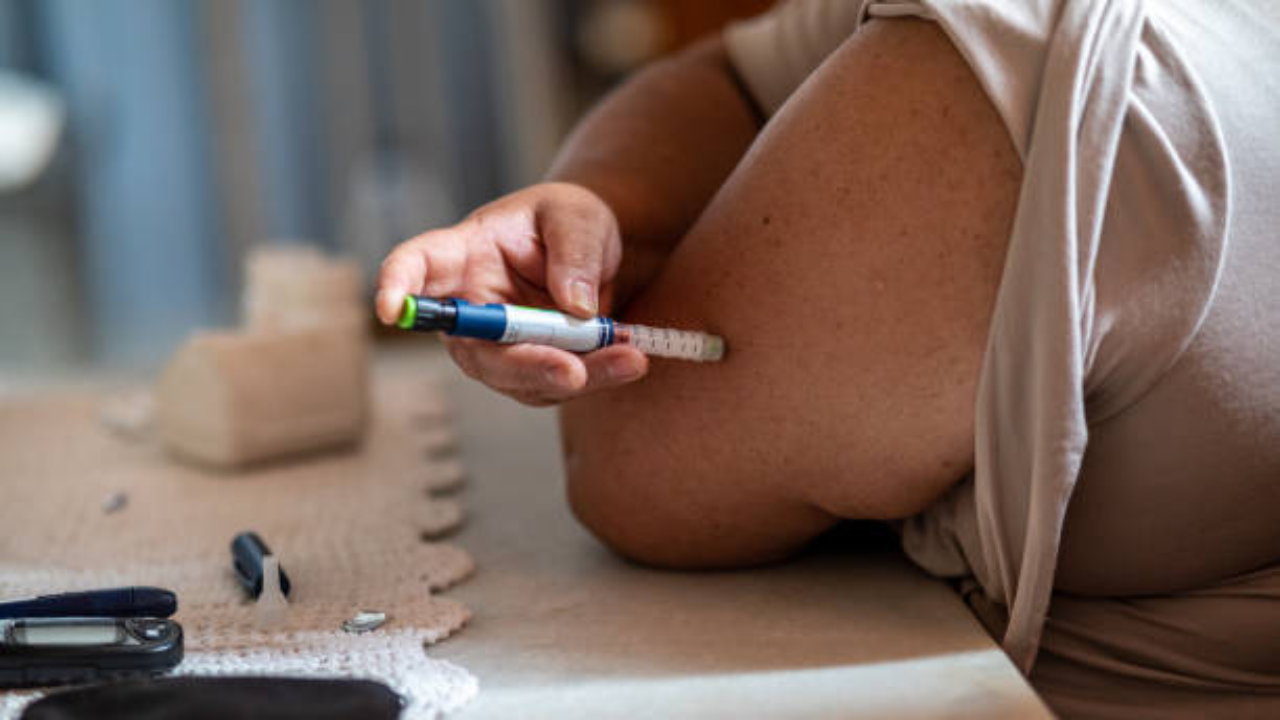Insulin Pump vs. Multiple Daily Injections: Which Is Better?

For those managing diabetes, one of the biggest decisions is whether to use an insulin pump or multiple daily injections (MDI) to control blood sugar levels.
The choice can seem daunting, as both options have their own set of benefits and challenges. For anyone living with diabetes, especially those working with a diabetes dietitian or Diabetes Educator, understanding the pros and cons of each method is crucial to making the right decision for their lifestyle.
The Insulin Pump: A Convenient Tool for Blood Sugar Control
Insulin pumps are often seen as a game-changer when it comes to diabetes management. The ability to continuously administer insulin and make quick adjustments based on blood sugar levels has proven to be effective for many people with both Type 1 diabetes and Type 2 diabetes. For those living with Type 1 diabetes (T1D), an insulin pump can help mimic the natural insulin release of the pancreas, making it easier to maintain stable blood sugar levels. With advanced features like automated algorithms, these pumps can make managing blood sugar even more efficient, especially for those who find it challenging to predict their body's insulin needs.
However, an insulin pump isn't a cure-all solution. Type 1 diabetes dietitians and Type 2 diabetes dietitians both emphasize the importance of understanding your body and learning how to fine-tune insulin doses. Despite its benefits, an insulin pump requires careful monitoring, and some individuals may face site failures or technical issues that could disrupt their routine. As with any diabetes management tool, dedication and knowledge are key.
Multiple Daily Injections (MDI): A More Traditional Approach
On the other hand, multiple daily injections (MDI) remain a popular choice, particularly for those who may not be ready for an insulin pump. With MDI, individuals inject insulin multiple times throughout the day, typically before meals and once for basal insulin. For many, the simplicity and familiarity of injections provide a sense of control over their diabetes management.
MDI offers flexibility, as it doesn’t rely on technology like an insulin pump does. Dietitians often recommend MDI as a viable option for those who prefer a more hands-on approach to managing their condition. While MDI might not have the continuous monitoring capabilities of an insulin pump, it can still provide excellent blood sugar control when used correctly. However, the major downside is the inconvenience of needing to inject insulin each time you eat, which can be challenging during social events or when on the go.
Finding the Right Fit with a Diabetes Educator
Ultimately, the decision between an insulin pump and multiple daily injections depends on the individual’s lifestyle, preferences, and willingness to learn about their body’s unique insulin needs. Working with a diabetes dietitian is essential for gaining insights into how food, exercise, and insulin interact, helping users make informed decisions about which method works best for them. Both insulin pumps and MDI can provide excellent blood sugar control when paired with a balanced diet and appropriate insulin management.
Whether you choose an insulin pump or multiple daily injections, the most important thing is to find a routine that fits your life. There is no one-size-fits-all answer, and what works for one person may not work for another. Speak with a registered dietitian and certified diabetes educator to understand your options and learn how to manage your diabetes effectively. The right approach, paired with expert guidance, can help you thrive and take control of your health.
In the end, there is no "better" option—just the one that works best for you.

